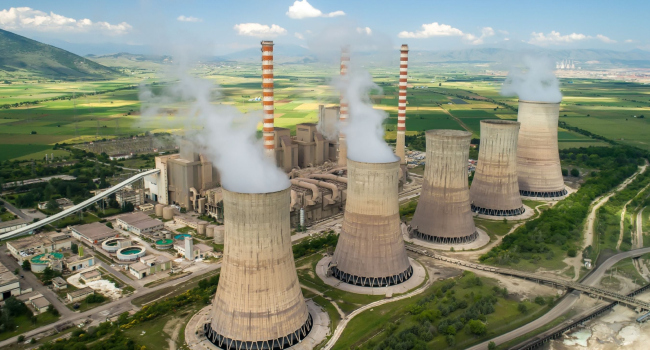Nigeria has been listed among nine countries set to benefit from a new $100 million global methane investment announced by billionaire philanthropist and former New York City Mayor, Michael Bloomberg.
According to a Reuters report, the funding aims to enhance the collection of methane monitoring data from a worldwide network of satellites and strengthen policy efforts to curb methane leaks.
Beneficiary countries include Australia, Indonesia, Mexico, and Nigeria, as well as U.S. states such as California and New Mexico.
Bloomberg’s initiative comes at a critical time as global leaders converge in Belém, Brazil, ahead of the United Nations Climate Change Conference (COP30), where discussions are focused on advancing action to curb global warming.
“Ten years on from the Paris Agreement, we now have the technology and the international momentum to act quickly and effectively against coal and methane – the decisive front in the battle against climate change,” said French President Emmanuel Macron, who has publicly backed the initiative.
Methane, a potent greenhouse gas responsible for at least 25% of global warming, has been a central focus of climate talks. Despite the COP26 pledge to cut methane emissions by 30% from 2020 levels by 2030, global emissions have continued to rise, putting the target at risk.
Environmental advocates say the new funding could provide a significant boost to developing nations like Nigeria, where limited infrastructure and weak monitoring systems have hindered efforts to track and control methane leaks—especially from oil, gas, and agricultural sources.
Brazil, the host of COP30, has called on countries to fulfill existing commitments rather than make new pledges, warning that inaction could derail progress toward keeping global temperature rise below 1.5°C.
Over 53 heads of state and 40 subnational leaders are expected to attend the summit, including UN Secretary-General António Guterres, though leaders of major emitters such as China, the U.S., India, and Russia will be absent.
Observers believe the absence of the United States—whose administration under Donald Trump has rejected climate commitments—could create an opening for more balanced, inclusive dialogue.
“Without the U.S. present, we can actually see a real multilateral conversation happening,” said Pedro Abramovay, Vice President of Programs at Open Society Foundations.
He added that President Luiz Inácio Lula da Silva had been building broad alliances across Africa, Asia, Europe, and Latin America, promoting a new model of bottom-up multilateralism rooted in collaboration rather than hierarchy.
Lula is scheduled to hold bilateral meetings with UK Prime Minister Keir Starmer and French President Emmanuel Macron, following earlier discussions with leaders from China, Finland, and the European Union.















